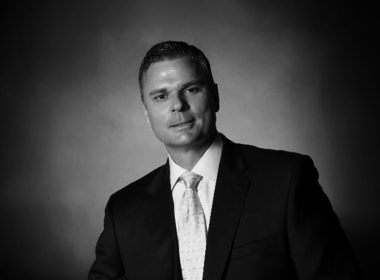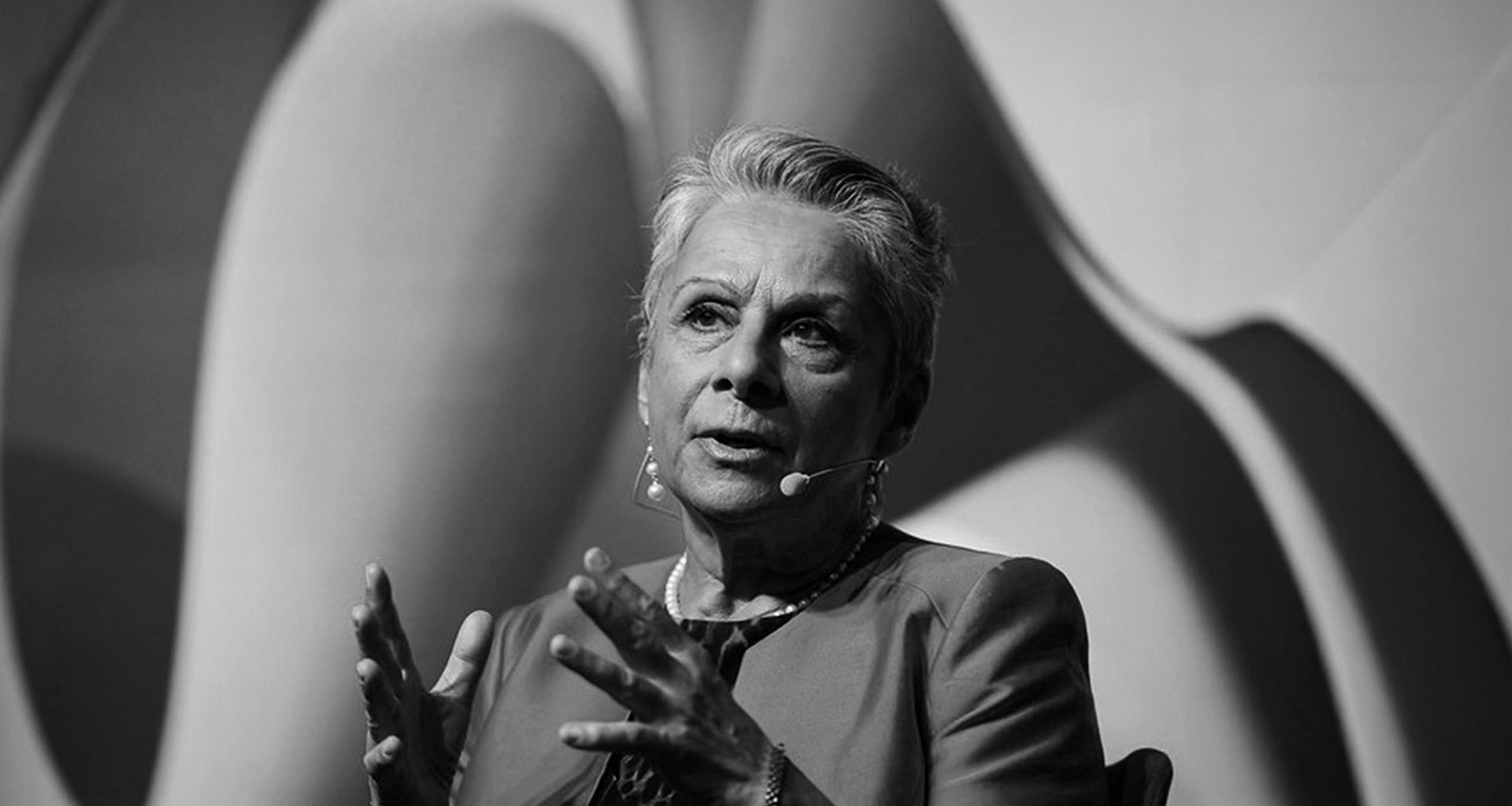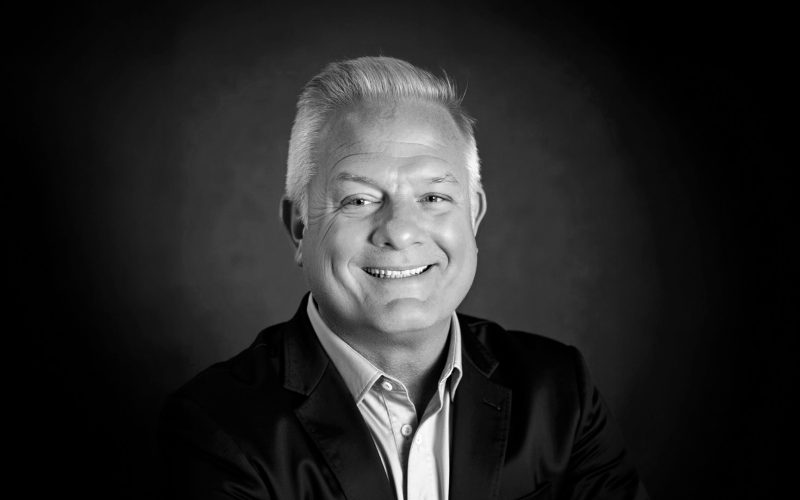Getting thousands of people to change how they work isn’t easy. Add in multiple countries, different time zones, and mergers, and the whole thing can fall apart fast. Kanthi Ford has spent 15 years figuring out how to make culture change actually work in global companies. She works with executive teams to get people and strategy moving in the same direction, especially when everything else is changing too.
Tie Culture To Change To Strategy
Too many culture initiatives exist on their own island, completely separate from what the business is actually trying to do. Ford has watched this play out enough times to know it doesn’t work. When culture becomes an HR project instead of a business priority, people tune out quickly. The fix isn’t complicated. “If your business is evolving through digital transformation, mergers, or new markets, your culture has to support that,” she explains. She worked with one company that made customer obsession their main focus. “Every initiative, every KPI reinforced that value. It gave people direction and purpose.” That kind of alignment takes work, but it’s what separates companies that talk about culture from companies that live it.
Empower Local Leaders To Translate Culture
You can design the perfect culture programme at headquarters. Beautiful slide decks, comprehensive training modules, the whole package. And it still won’t work if regional leaders can’t make it meaningful for their teams. Ford has seen this pattern too many times to ignore it. “Top-down programmes rarely work globally,” she says. The answer is giving regional leaders genuine ownership. “Give regional leaders the tools to make change real for their teams.” When Ford worked in Latin America, something clicked. Leaders there took the core ideas and turned them into stories their teams could actually connect with. “Suddenly culture felt personal, not corporate.” That’s when things started moving.
Model The Change At The Top
Here’s what nobody wants to hear about culture change: your leadership team will get tested constantly. People don’t listen to speeches about values. They watch what happens when things get tough, when deadlines pile up, when hard decisions need to get made. Ford doesn’t sugarcoat it. “If leaders don’t live the beliefs and behaviours they want to see, nothing sticks.” It doesn’t matter if you’re talking about collaboration, openness, or innovation. “Consistency matters more than fancy programmes.” When leaders actually walk the talk, even when it’s inconvenient, that’s when employees start believing the change is genuine.
Listen And Iterate
Nobody nails culture change on the first attempt. The companies that figure it out treat the whole thing as a conversation that keeps evolving. She sees this as critical because most companies want to launch culture change and call it done. “Change isn’t a straight line,” Ford points out. You need ways to hear what’s actually happening on the ground. “Pulse surveys, feedback groups, or just sessions checking in with teams help you learn what’s working and what’s not, and they show employees their voices really matter.” When people see their feedback changing how things work, they stop fighting the process and start helping.
Culture work doesn’t come with instant results or dramatic transformations. But it builds something that lasts longer than any quarterly initiative. Ford’s advice comes down to four things that work no matter where you are. “Lead with clarity, empower local champions, model the change, and keep listening.” Simple ideas, but hard to execute consistently. The companies that pull it off treat culture as a business priority instead of something HR handles on the side. “Culture isn’t just a slogan, it’s how your company behaves when no one’s watching,” Ford says. “Get it right and it becomes your biggest advantage.” That advantage builds over time. Companies with strong cultures move faster and adapt better. They don’t waste energy on internal friction because everyone gets where they’re headed. The work never really stops because markets shift and strategies change. But companies that build this into how they operate don’t have to start from zero each time. They’ve built something that can adapt while staying strong.
Connect with Kanthi Ford on LinkedIn to explore how culture transformation can truly align with business growth.











